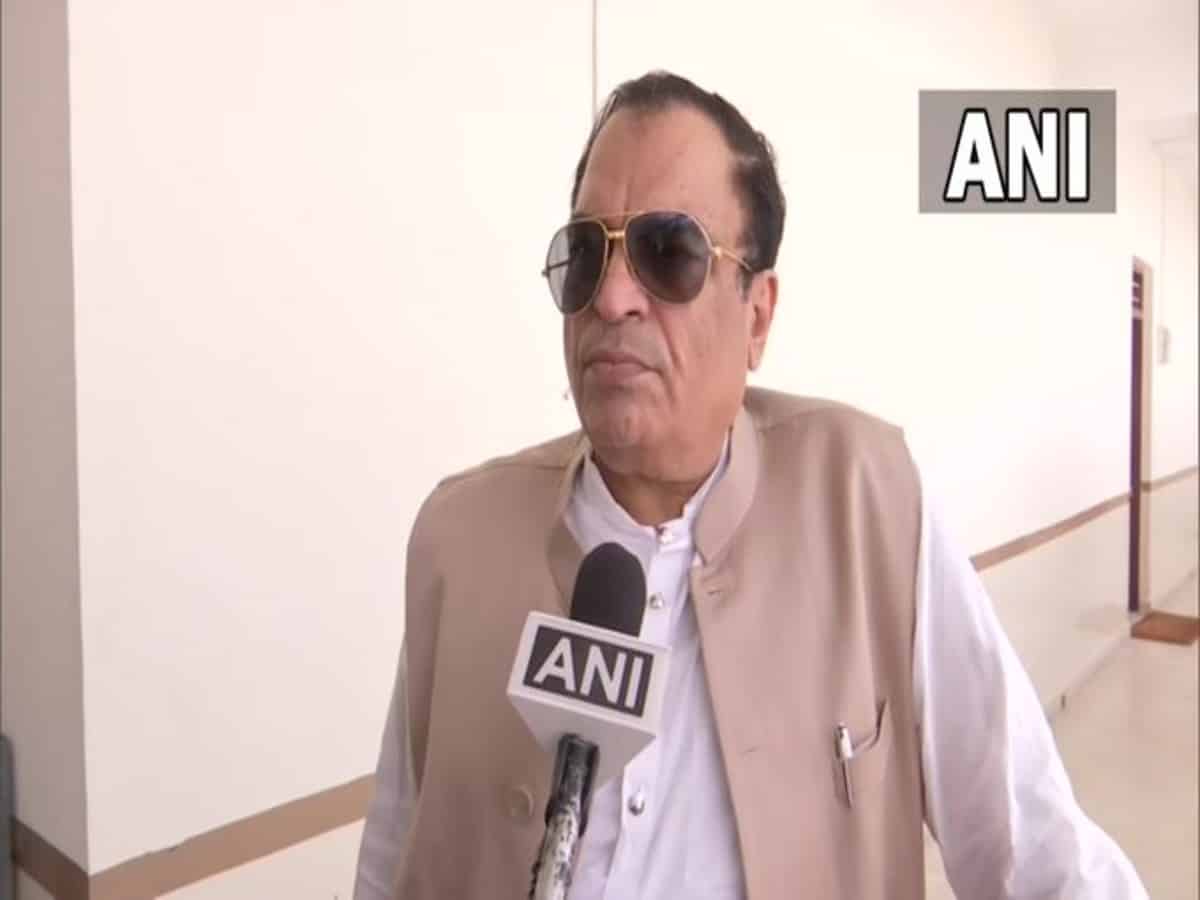
Hyderabad: The Janata Dal-Secular (JD-S) in Karnataka has sparked anger among Muslims, including its own Muslim leaders, by forming an alliance with the BJP.
The JD(S), led by former Prime Minister H.D. Deve Gowda, decided to align with the BJP following a major defeat in the recent assembly elections.
Former Chief Minister H.D. Kumaraswamy, Deve Gowda’s son, met with BJP leaders Amit Shah and J.P. Nadda to discuss the alliance.
Surprisingly, C.M. Ibrahim, the President of JD(S) in Karnataka, claimed that he was kept in the dark about this decision. As a result, several Muslim leaders within the JD(S) have announced their resignations.
Former Union Minister C.M. Ibrahim, who is also against the JD(S)-BJP alliance, has called for a meeting on October 16 with Muslim parties, organizations, and JD(S) Muslim leaders and workers in Karnataka.
Ibrahim has clarified that he does not support the decision to ally with the BJP and will prioritize the dignity and honor of the Muslim community over political interests. Ibrahim intends to consult with leaders from the Muslim United Front and Jamaat-e-Islami on the matter.
He said that the future course of action will be determined after consulting with like-minded parties, organizations, and prominent Muslim figures on October 16. He has also invited Muslim representatives from all districts to attend the meeting.
CM Ibrahim mentioned that Sharad Pawar is in contact with leaders from Nitish Kumar’s party, the Aam Aadmi Party, and the Congress. He criticized the JD(S) for failing to establish itself as a strong third front in Karnataka.
He expressed his disappointment with Kumaraswamy for meeting with BJP leaders without consulting him.
Ibrahim reiterated that he has always stayed away from religious and caste-based politics and has maintained a clean record free from corruption and communalism.
He believes that the 34 crore Muslims in India can become a significant political force and have their demands addressed by the government.
Despite economic challenges, Muslims are rich in faith, and Ibrahim believes that, with the support of all political parties, decisions can be made in favour of Muslims.
